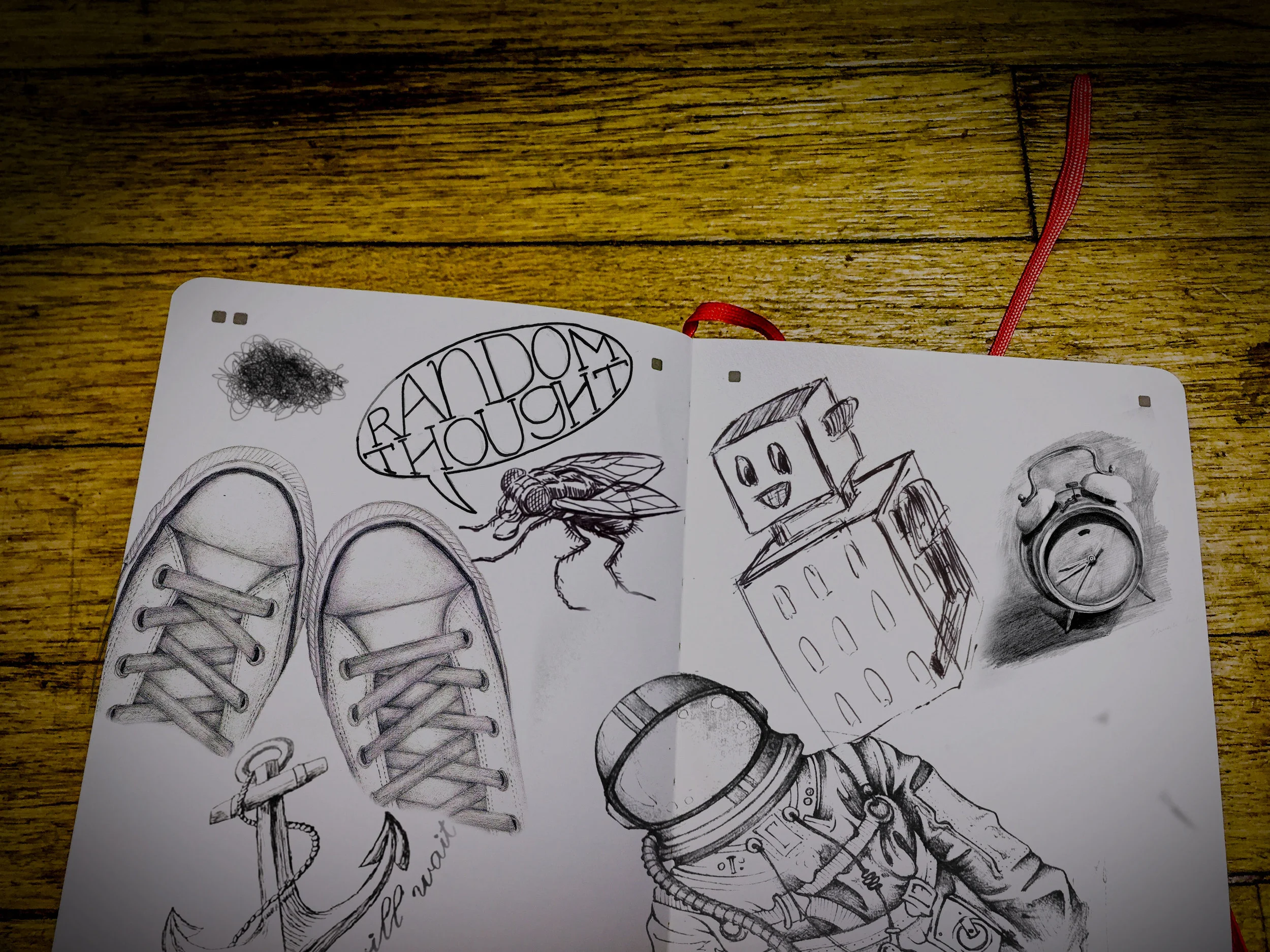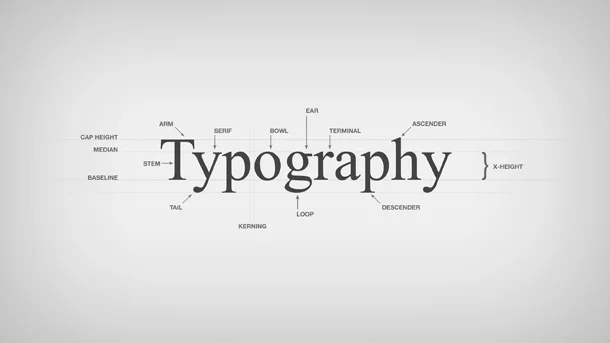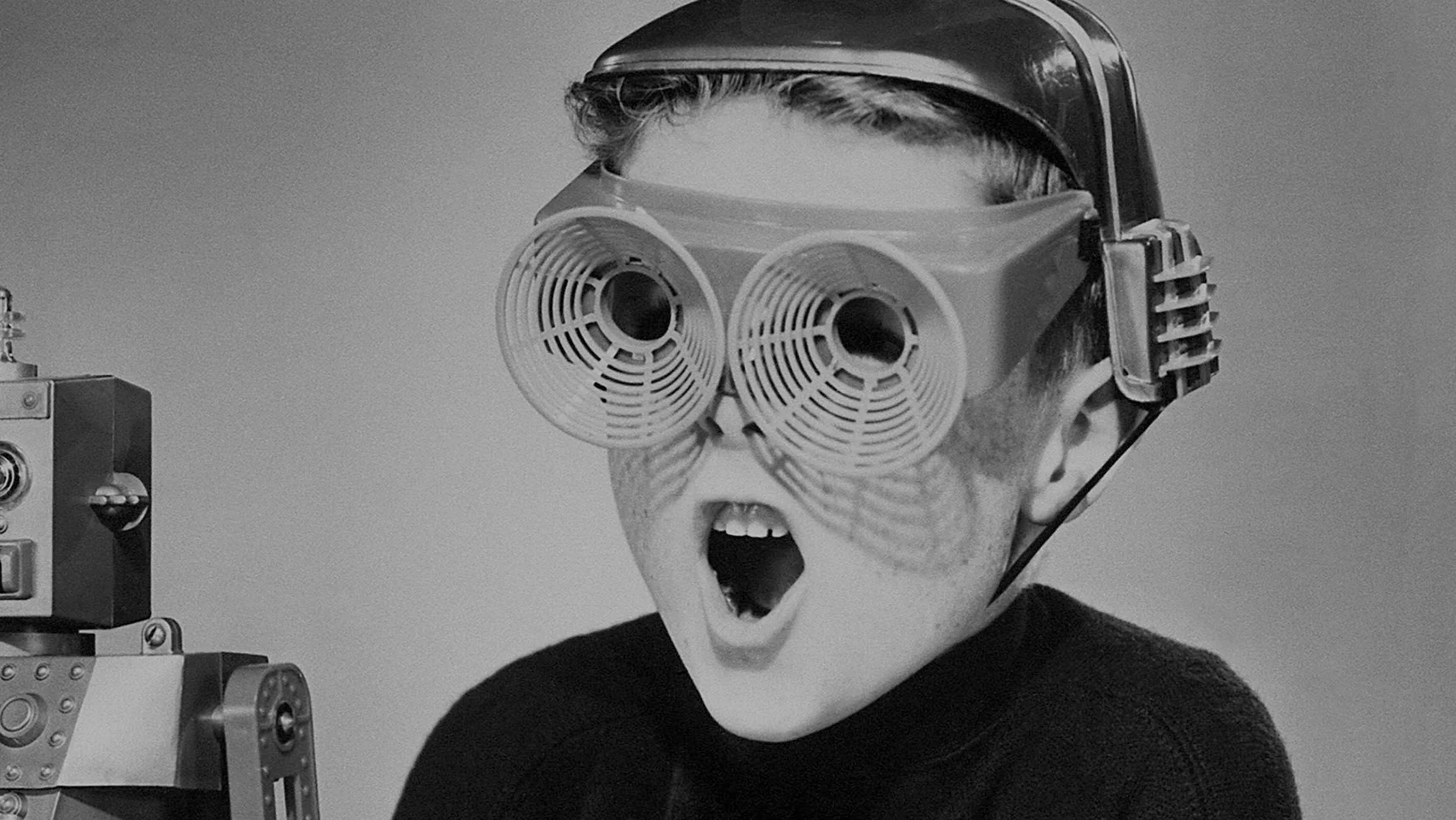Last year I had the pleasure of seeing Robert Rodriguez give a talk about creativity and living a creative life. The idea is this: if you do everything in life in a creative way your brain will always be on and generating ideas. Whether it's making snowman pancakes for your daughter or mowing the grass in a circular pattern, it's taking the mundane and making it interesting and creative. I've tried it and it works. Funny thing is, I've been trying it long before I saw the Dusk Till Dawn co-director.
Working in advertising for 24 years, I've learned that ideas can not be forced out. You can't just sit down and have the concepts just flow out. Chances are whatever idea you are trying to come up with will be born while in the leu, running or driving to work. Sometimes they happen when you're trying to sleep, and as you get older you better write that idea down because it will disappear by morning.
My idea sweet spot is on a treadmill. Maybe it's because I'm bored out of my skull and my brain is desparately seeking any kind of stimulation it can find. If I try to do math, I'll trip for sure but creativity comes abundantly. I'm able to generate ideas faster than I can remember them, sometimes. So basically if you're stuck on an idea, and you just can't figure out how to solve a problem get away from it. Experience something else. Go for a walk. Go people watching. Do anything but try to come up with the idea.
This is is a difficult process for people in the business world to understand. For them sitting in a "think tank" and brainstorming is the path to the solution. But, I can honestly tell you I've never been in one of these and had a great idea develop from it. yes, everyone feels good for having tried to contribute, but ultimately the solution or the idea comes from one person's brain and other people jump in and get behind it.
Imagine brainstorming a painting. Or Michael Angelo, sitting around in a "think tank" planning David. What a disaster. I'm not saying that all advertising is art but if it's great it comes close.
So so the next time you have a block or just can't seem to rhyme a word with "orange" get away from everything for a bit and watch the ideas flow. Oh, and get away from the computer. That thing is an idea sucker.




















